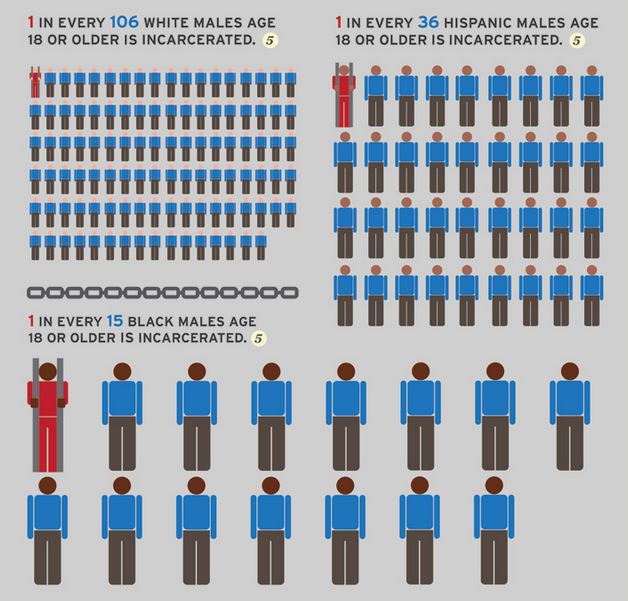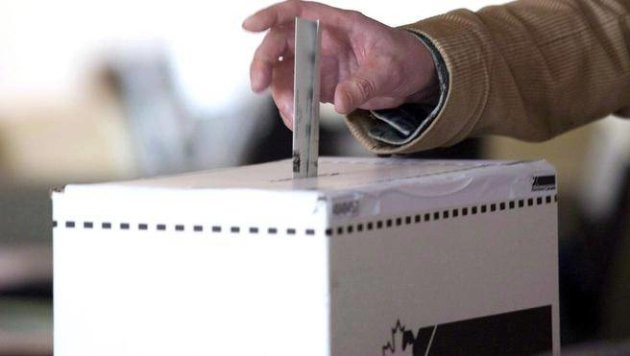On its official website, the Canadian government informs its citizens that “there is no limit to the amount of money that you may legally take into or out of the United States.” Nonetheless, it adds, banking in the U.S. can be difficult for non-residents, so Canadians shouldn’t carry large amounts of cash.
That last bit is excellent advice, but for an entirely different reason than the one Ottawa cites.
There’s a shakedown going on in the U.S., and the perps are in uniform.
Across America, law enforcement officers — from federal agents to state troopers right down to sheriffs in one-street backwaters — are operating a vast, co-ordinated scheme to grab as much of the public’s cash as they can; “hand over fist,” to use the words of one police trainer.
Roadside seizure
It usually starts on the road somewhere. An officer pulls you over for some minor infraction — changing lanes without proper signalling, following the car ahead too closely, straddling lanes. The offence is irrelevant.
Then the police officer wants to chat, asking questions about where you’re going, or where you came from, and why. He’ll peer into your car, then perhaps ask permission to search it, citing the need for vigilance against terrorist weaponry or drugs.
What he’s really looking for, though, is money.
'Authorities claim it’s legal, but some prosecutors and judges have called it what it is: abuse. In any case, it’s a nasty American reality.'
And if you were foolish (or intimidated) enough to have consented to the search, and you’re carrying any significant amount of cash, you are now likely to lose it.
The officer will probably produce a waiver, saying that if you just sign over the money then the whole matter will just disappear, and you’ll be able to go on your way.
Refuse to sign it, and he may take the cash anyway, proclaiming it the probable proceeds of drugs or some other crime.
Either way, you almost certainly won’t be charged with anything; the objective is to take your money, not burden the system.
You’ll have the right to seek its return in court, but of course that will mean big lawyer’s fees, and legally documenting exactly where the money came from. You will need to prove you are not a drug dealer or a terrorist.
It might take a year or two. And several trips back to the jurisdiction where you were pulled over. Sorry.
In places like Tijuana, police don’t make any pretense about this sort of thing. Here in the U.S., though, it’s dressed up in terms like “interdiction and forfeiture,” or “the equitable sharing program.”
Authorities claim it’s legal, but some prosecutors and judges have called it what it is: abuse.
In any case, it’s a nasty American reality.
Powers and justifications
Seizing suspected drug money has been legal here for decades, but after 9/11 police acquired a whole new set of powers and justifications. And they set about using them for profit.
'The Washington Post this week reported that in the past 13 years, there have been 61,998 cash seizures on roadways and elsewhere without use of search warrants. The total haul: $2.5 billion.'
The Washington Post this week reported that in the past 13 years, there have been 61,998 cash seizures on roadways and elsewhere without use of search warrants.
The total haul: $2.5 billion, divided pretty much equally between the U.S. government and state and local authorities (hence the Kafkaesque “equitable sharing” euphemism).
Half of the seizures, according to the Post, were below $8,800. Only a sixth of those who had money taken from them pursued its return.
Some, no doubt, were indeed drug dealers or money launderers and just walked away from the money. Others just couldn’t spare the expense and time of going to court.
Of those who did, though, nearly half got their money back, a statistic that fairly screams about the legitimacy of the seizures.
So does another fact: In many cases, authorities offer half the money back – money they’d claimed was proceeds of crime. And when they do issue a cheque, they almost always insist their victim sign a legal release promising never to sue.
It would also appear police like to target minorities, who tend to be cooperative and less likely to hire a lawyer.
Civil rights advocates have documented all sorts of outright legal theft:
- The (minority) businessman from Georgia who was relieved of $75,000 he’d raised from relatives to buy a restaurant in Louisiana.
- The (minority) church leaders who were carrying nearly $30,000 from their Baltimore parishioners to carry out church activities in North Carolina and El Salvador.
- The young college grad with no criminal record on his way to a job interview out West who was relieved of $2,500 lent to him by his dad for the trip.
News outlets here have reported many such abuses over the years. But the Washington Post’s latest investigation exposes money-grabbing as big business.
It involves a nationwide network of enforcement agencies (except in the few states that have banned it) that operates with the help of a vast private intelligence service called “Black Asphalt” (police forces pay an enrolment fee of $19.95). The network uses consultants and trainers who either charge fees or operate on contingency, keeping a percentage of cash seized by their police pupils.
Police forces use the money to finance their departmental budgets, sometimes spending it on luxury vehicles, first-class tickets to conferences, and lavish quarters. They regard the money as rightfully theirs. One prosecutor used seized cash to defend herself against a lawsuit brought by people whose cash she seized.
It’s just human nature, really.
Give police the legal ability to take someone’s money, and to claim it’s in the national interest, and then tell them they can keep a nice chunk of it, and what other result could there be?
Travel advice
So, for any law-abiding Canadian thinking about an American road trip, here’s some non-official advice:
Avoid long chats if you’re pulled over. Answer questions politely and concisely, then persistently ask if you are free to go.
Don’t leave litter on the vehicle floor, especially energy drink cans.
Don’t use air or breath fresheners; they could be interpreted as an attempt to mask the smell of drugs.
Don’t be too talkative. Don’t be too quiet. Try not to wear expensive designer clothes. Don’t have tinted windows.
And for heaven’s sake, don’t consent to a search if you are carrying a big roll of legitimate cash.
As the Canadian government notes, there is no law against carrying it here or any legal limit on how much you can carry. But if you’re on an American roadway with a full wallet, in the eyes of thousands of cash-hungry cops you’re a rolling ATM.

























